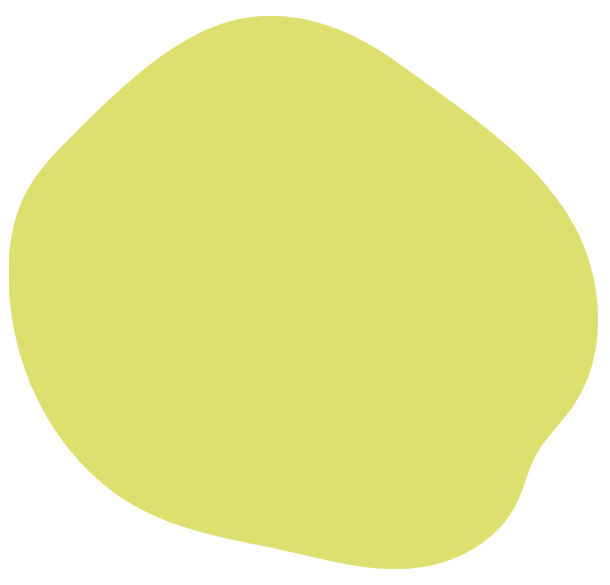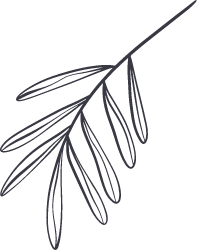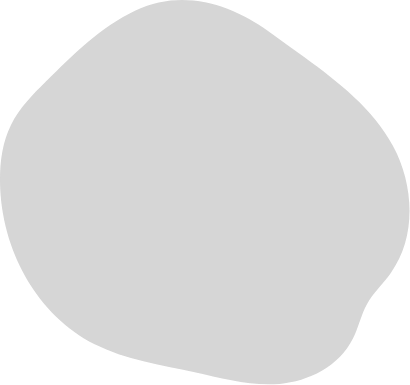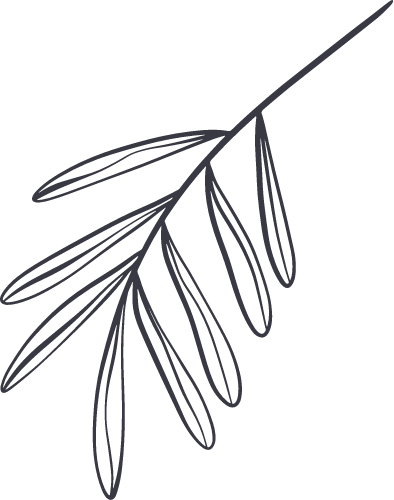Most of the public activists I saw in my childhood used to wear white shirts. This was perhaps because one white shirt was all that each of them had. It had to be washed and dried before it could be worn again. Generally speaking, in those days, people did not have many shirts. At the most they possessed three, not more. The reason was that an average man’s daily wage came to Rs 15. A shirt usually cost Rs 60 to Rs 70. A readymade one cost Rs 100. Getting a shirt stitched meant spending Rs 30 or Rs 40. So men reduced their purchase to the maximum possible extent. But today, if we go to supermarkets and buy two shirts, we get one free. We even get four shirts for Rs 1,000. The costs have come down because they are machine-made now. As clothes became cheaper, people started buying more, forgetful of the fact that this habit has an impact on farming. That’s why I’ve brought up this subject today.
Of all the commodities, water is the most scarcely available one in Kerala, India, and the whole world. It is said that in the prevailing conditions in India, it takes 10,000 litres of water to produce one kilo of cotton. In the US, where water-management is more efficient, it takes 5,000-7,000 litres of water to produce the same amount of cotton. In other words, the more clothes we purchase, the more we use cotton, and the more we expend water. We get cotton clothes at cheap rates only because cotton farmers do not have to pay for water used in irrigation. The net result is that we exhaust our water reserves and cause scarcity.
This can be avoided if we exercise a bit of care. Let me give you an example. These days, most of us use bath towels in place of thorth. A bath towel weighs 600 gms whereas a thorth weighs only 100 gms. In other words, it takes 1,000 litres of water to make a thorth, and 6,000-7,000 litres of water to make a bath towel. Besides, a bath towel requires more water than a thorth to wash. Therefore, in order to conserve water, we need to replace bath towels with thorth. The thorth has several advantages. During these times of the pandemic, it can be washed regularly. Bath towels are usually washed less frequently, once in three days, one week or sometimes even one month. This will cause bacteria to grow, an unhygienic condition that is intolerable at a time when cleanliness is more important than ever before. Therefore, we should return to our habit of using thorth because that is the healthier option.
Besides, it will create a lot of employment opportunities in Kerala. Ayurvedic physicians say that using the thorth is the best way to dry hair. Its porous texture, water-absorbent nature and light weight make it very useful. We have made a couple of films to promote the use of thorth, and begun a website named thorth.org. The aim is to create a means of livelihood for our traditional weavers, and to economize on our use of water. I’m not asking you to change your habit immediately. But think of the huge amounts of water we waste unconsciously. Water is the most precious commodity but we do not appreciate its worth because we get it freely.
It is said that Kerala receives two-to-three lakh litres of water per 1,000 sq. ft of land. We waste all of it, and waste more with some of our habits. In 30-40 years’ time, water may not be available on the planet. So we should start thinking about it now itself. That is why I raised the issue here. This is a cotton tree I’ve raised here just for the fun of it. Cotton is a valuable medicine too. The cotton leaf is one of the 8-10 varieties of leaves that are ground to paste, mixed with cooked rice, and given to women in Kerala once in three days, as part of postpartum treatment. Ayurvedic physicians will be able to give you more details on that. Here, as you can see, cotton has already appeared in this tree.



